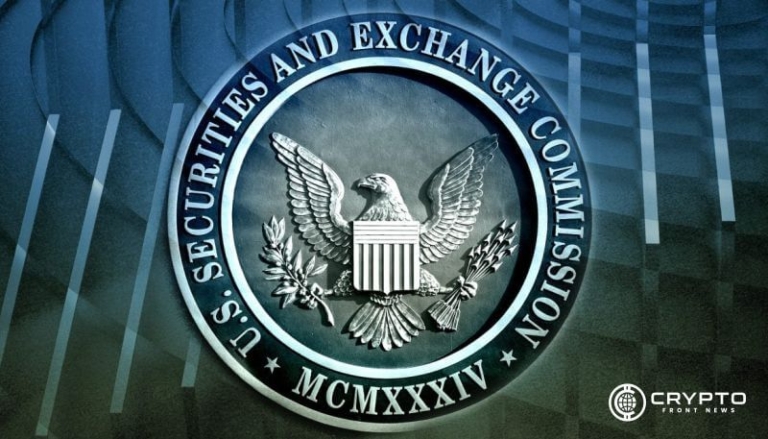- Immutable Tornado Cash smart contracts ruled not “property,” blocking Treasury sanctions under existing law, Fifth Circuit declares.
- Judges emphasize immutable smart contracts lack ownership traits, rejecting Treasury’s classification as services requiring human effort.
- The ruling limits Treasury authority, a significant precedent for open-source blockchain tech and privacy-focused developers.
The U.S. Fifth Circuit Court of Appeals ruled Tuesday that the Treasury Department acted unlawfully in sanctioning Tornado Cash’s immutable smart contracts. The court determined that these decentralized contracts, designed to operate autonomously without human intervention, do not qualify as “property” under existing sanctions law. Paul Grewal, Coinbase’s chief legal officer, described the ruling as a landmark win for privacy advocates and the broader blockchain community.
Immutable Contracts Are Beyond Ownership, Says Court
The court emphasized that immutable smart contracts, which cannot be modified or controlled, lack the characteristics of property. More than 1,000 participants had contributed to a “trusted setup ceremony,” permanently removing any entity’s ability to alter Tornado Cash’s code. This unique structure, the judges noted, ensures that the contracts remain accessible to all users, regardless of sanctions. Notably, this includes entities tied to North Korea, a key concern in the case.
Tuesday’s ruling reverses a lower court decision and rejects the Treasury’s argument that these smart contracts constitute services. The judges clarified that services inherently require human effort, such as labor or advice, which is absent in the autonomous operation of these protocols.
Judges Decline to Rewrite Congressional Statutes
The court’s opinion highlighted limitations in current legislation, stating that the judiciary cannot amend statutes under the guise of interpretation. “Legislating is Congress’s job, and Congress’s alone,” the panel remarked. They declined to accept the Treasury’s view that immutable technology could fall under its regulatory authority without explicit Congressional authorization.
Impact on Treasury’s Sanctions and Privacy Technology
The U.S. Treasury had sanctioned Tornado Cash in 2022, accusing it of facilitating over $7 billion in illicit transactions, including activities linked to North Korea’s Lazarus Group. Grewal responded to the ruling, urging the removal of Tornado Cash’s smart contracts from the sanctions list. He stressed that blocking open-source technology due to misuse by a minority exceeded Treasury’s mandate.
Eleanor Terret, a Fox Business reporter, noted the broader implications for Senator Elizabeth Warren’s anti-money laundering bill. She stated the ruling underscores that open-source protocols cannot face blanket bans simply due to misuse.
DISCLAIMER: The information on this website is provided as general market commentary and does not constitute investment advice. We encourage you to do your own research before investing.


